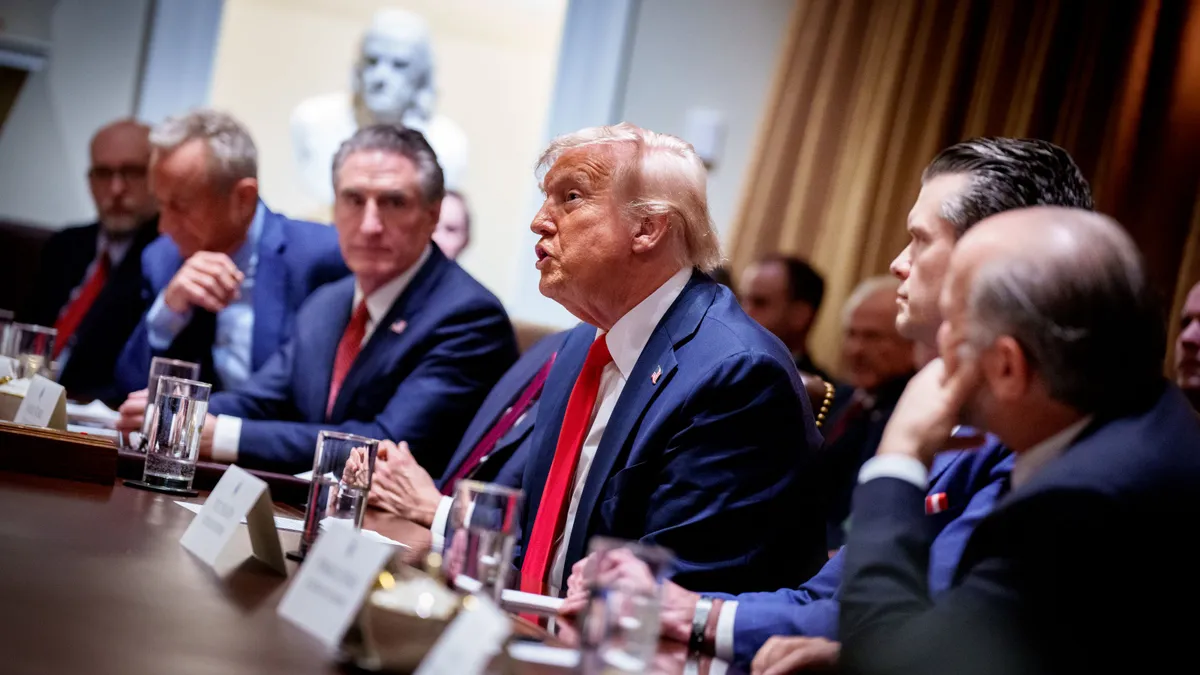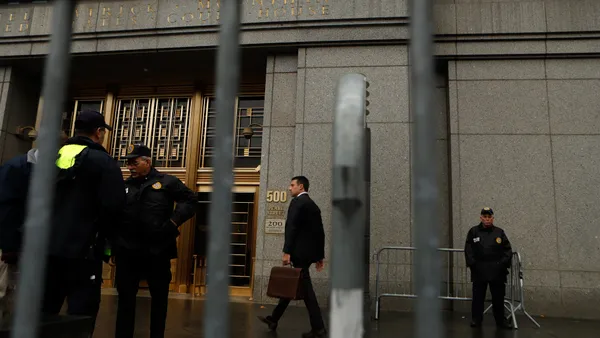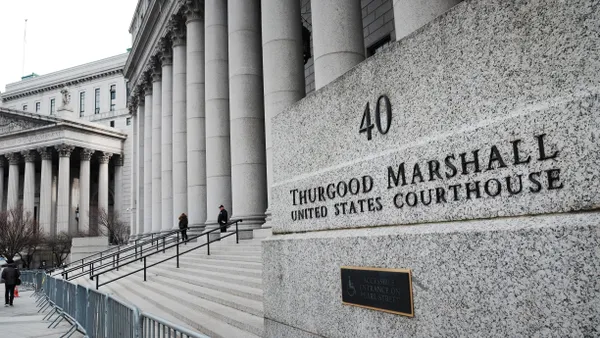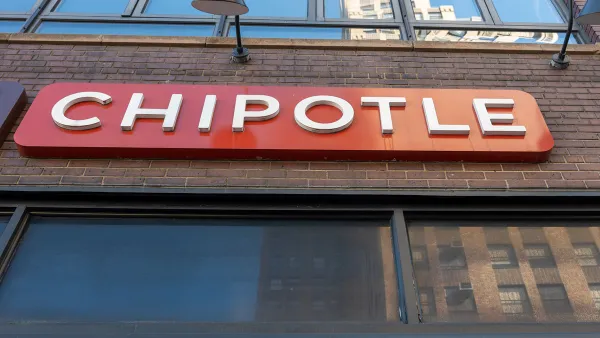Dive Brief:
- Employers are taking several steps to facilitate employee vaccination, according to the March 25 results of a survey by Willis Towers Watson. Researchers found that 60% of employers have communicated the value of vaccines to employees while 35% say they are planning or considering the same. More than a third (35%) said they created policies and procedures to facilitate worker vaccination, while another 50% are considering doing so. In addition, close to one quarter (23%) are obtaining vaccines to administer to employees or doing so via a third party.
- Two in 10 survey respondents said they are offering vaccine incentives. Among those, 39% said they are providing extra leave to get vaccinated, while 27% are providing additional leave to employees who have negative reactions to one of the COVID-19 shots. One in 10 said they are offering cash incentives.
- The survey also found that one in 10 employers are considering requiring proof of vaccination as a condition of employment; 23% are planning to make or considering making vaccination a prerequisite of returning to the work site.
Dive Insight:
Many employers have chosen to offer employees incentives to get vaccinated. The incentives range from direct payments to extra time off to get the shot or recover from side effects. Chobani, for example, offered workers up to six hours' paid time off to get the shot while Kroger provided a $100 cash payment to its workers who got vaccinated.
Employers can ask for evidence that employees have been vaccinated, according to a December statement from the U.S. Equal Employment Opportunity Commission. But the federal agency outlined several exceptions. For instance: Employer inquiries over the matter must be job-related and consistent with business necessary to keep from running afoul of the Americans with Disabilities Act.
Some individuals can be excluded from the workplace if they are not able to get the COVID-19 vaccine, EEOC has said. But employers should assess whether a direct threat exists in instances of a disability. If the direct threat cannot be reduced to an acceptable level with a reasonable accommodation, then the employer can exclude the worker, according to the agency. The same holds for workers who have religious beliefs that prevent them from getting the COVID-19 vaccine.














